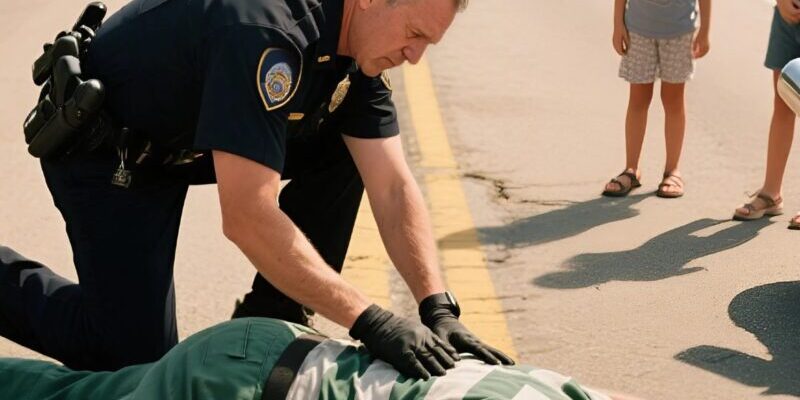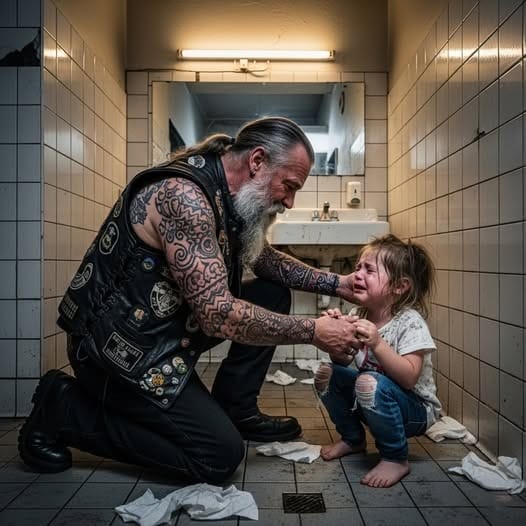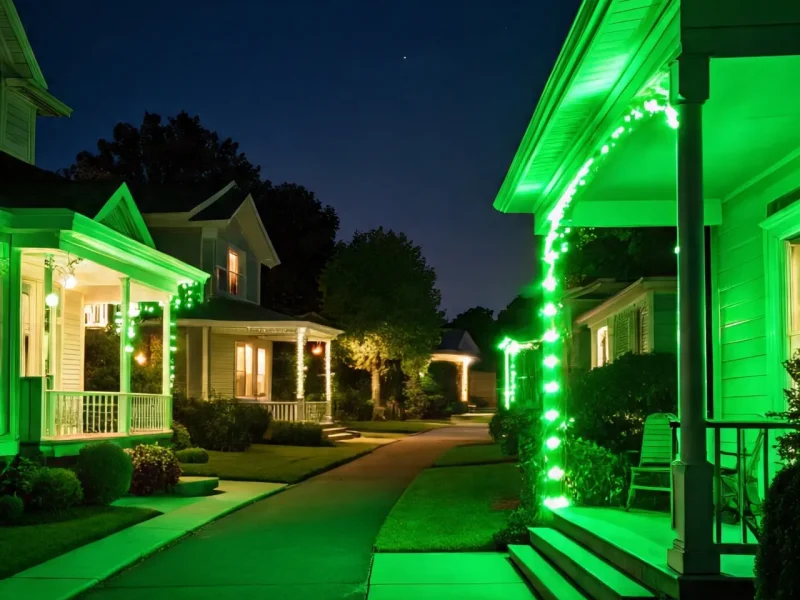The sun was merciless, baking the pavement until it shimmered. On that blistering street, I watched as they pressed my husband into the heat. Harold, 72 years old, his body bearing the aches of arthritis and the memories of war, was forced onto the asphalt. Handcuffs bit into his wrists while the eyes of strangers recorded his shame. His crime? An exhaust note a policeman deemed too loud. The same bike that had been his freedom since he was sixteen, the same machine that connected him to fallen comrades, was now the cause of his profound humiliation.
He returned to me hours later, a quiet ghost of the man I knew. His spirit was more wounded than his sun-scorched skin. When he finally repeated the officer’s parting words—a suggestion that he was too old, too dangerous to belong on the road—I saw the last of his pride fracture. That was the moment my own resolve crystallized. They had broken a soldier, but they had no idea they were now dealing with his general.
The battle that followed was waged in living rooms and council chambers. I marshaled witnesses, veterans, and data. We stood before the city council not with anger, but with the undeniable weight of truth. We spoke of service, of respect, and of a man whose identity was being stripped away on a public street. In the end, the system corrected its course. An apology was given, policies were changed, and the quiet hum of Harold’s motorcycle once again became a sound of freedom, not a mark of shame. They had tried to teach him a lesson about his place, but we taught them one about his worth.


